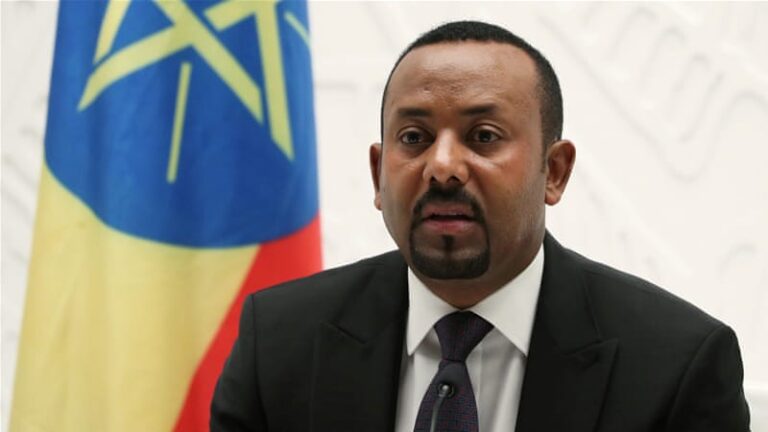Visceral leishmaniasis (VL), also known as kala-azar, is the most severe form of leishmaniasis and, without proper diagnosis and treatment, is associated with high fatality. Leishmaniasis is a disease caused by protozoan parasites of the genus Leishmania.
The parasite migrates to the internal organs such as the liver, spleen (hence “visceral”), and bone marrow, and, if left untreated, will almost always result in the death of the host. Signs and symptoms include fever, weight loss, fatigue, anemia, and substantial swelling of the liver and spleen. Of particular concern, according to the World Health Organization (WHO), is the emerging problem of HIV/VL co-infection. This disease is the second-largest parasitic killer in the world (after malaria), responsible for an estimated 20,000 to 30,000 deaths each year worldwide. Dr Lutz Hegemann, Chief Operating Officer for Global Health at Novartis talked to Capital about the disease and the fight to overcome the disease. Novartis is a global healthcare company based in Switzerland that provides solutions to address the evolving needs of patients worldwide. Excerpts;
Capital: Tell us about visceral leishmaniasis, and the most affected areas.
Lutz Hegemann: Leishmaniasis is a neglected tropical disease caused by protozoan Leishmania parasites transmitted by the bite of infected female phlebotomine sandflies. Cutaneous leishmaniasis is the most common form of the disease. It usually produces ulcers on the exposed parts of the body, such as the face, arms and legs. Visceral leishmaniasis (VL), also known as kala-azar, is the most serious form of the disease. It is characterized by irregular bouts of fever, substantial weight loss, swelling of the spleen and liver, and anemia. If the disease is not treated, it is fatal for over 95% of the cases. Most cases of VL occur in East Africa, South-East Asia (mainly India) and Brazil. An estimated 50 000 to 90 000 new cases of VL occur worldwide each year.
Capital: The highest burden of the disease takes place in East Africa, why is that? What does a study show?
Lutz Hegemann: Leishmaniasis is highly endemic in East Africa. Additional risk factors include: poverty, malnutrition, population displacement, poor housing, a weak immune system and lack of financial resources. Leishmaniasis is also linked to environmental changes such as deforestation, building of dams, irrigation schemes, and urbanization.
Capital: Do you think the global community is aware of the disease?
Lutz Hegemann: Leishmaniasis is among the most neglected tropical diseases and affects some of the poorest populations.
Capital: What can we say about the existing treatments, in terms of affordability, effectiveness etc?
Lutz Hegemann: As with other NTDs, the drugs we have for leishmaniasis are outdated and lacking. People suffering with the disease are often subjected to a prolonged and painful regimens of toxic drugs that vary according to the species of parasite. For example, a treatment can require 17 days of painful double injections, and can be cardiotoxic. DNDi and Novartis are co-developing LXE408, a first-in-class oral compound with a novel mechanism of action that has shown efficacy in preclinical models of the disease.
Capital: Tell us the collaboration between Novartis and DNDI and the tasks done so far?
Lutz Hegemann: Novartis and the Drugs for Neglected Diseases initiative (DNDi), a not-for-profit research and development (R&D) organization, have signed collaboration and license agreement to jointly develop LXE408, as a potential new oral treatment for visceral leishmaniasis, one of the world’s leading parasitic killers. Novartis is responsible for completing Phase I clinical trials, currently in progress, and completing the regulatory submission for LXE408. Upon approval, Novartis has also committed to maximizing access in endemic countries. DNDi will lead Phase II and III clinical development, starting in India with additional trials planned in East Africa.
Capital: What can we say about the new development of LXE408 and when will the trial expected to be launched in East Africa? How far that new development transform the treatment in terms of effectiveness, affordability etc?
Lutz Hegemann: It is still early to specify the completion date for the full clinical development of LXE408 and registration in the countries. DNDi and partners will need to carry out Phase II and Phase III clinical trials with representation from the different endemic countries in Eastern Africa. The studies are set to begin in 2021, and the process may take at least 5-7 years. It is important to undertake both phases of the study to help ensure that the treatment is safe and effective for leishmaniasis patients. Strategies will thereafter be developed together with other stakeholders to help ensure that patients affected by leishmaniasis access the treatment.




